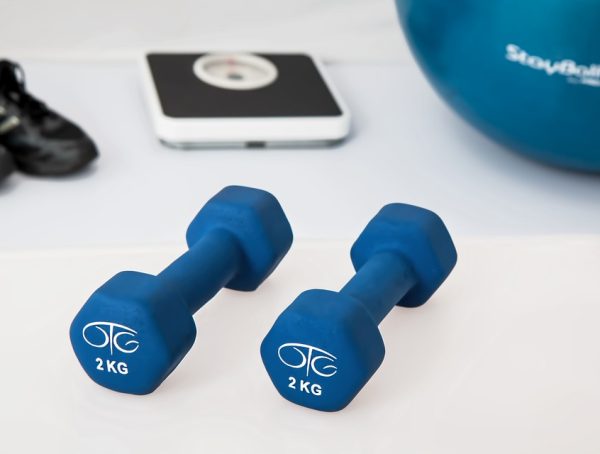Arthritis is a common ailment among seniors and has adverse effects on their health and well-being. The joint pain, stiffness, and inflammation that come with arthritis can limit seniors’ ability to perform daily activities, leading to reduced mobility, increased fatigue, and even depression. Nevertheless, new research suggests that gentle yoga can help alleviate the symptoms of arthritis, improve joint flexibility, and enhance overall physical and mental health in seniors.
Gentle yoga is a form of yoga that uses slow, controlled movements, and deep breathing to improve flexibility, balance, and strength. Unlike other types of yoga that involve more advanced poses and rigorous physical activity, gentle yoga is specifically designed for seniors with mobility limitations and chronic pain. It incorporates modifications and props such as blocks, straps, cushions, and chairs to ensure that seniors can perform the poses safely and without discomfort.
There are several ways gentle yoga can help seniors with arthritis. Firstly, by doing gentle yoga movements, seniors can increase the range of motion of the affected joints, reducing stiffness and pain. A study published in the Journal of Rheumatology found that arthritis patients who practiced yoga at least twice a week for eight weeks experienced significant improvements in joint flexibility, balance, and overall physical function.
Secondly, gentle yoga can help seniors reduce stress and anxiety associated with arthritis. Chronic pain from arthritis can be overwhelming, leading to a sense of helplessness and despair. By practicing deep breathing and relaxation techniques in gentle yoga, seniors can experience a sense of calmness and serenity, which can lower stress levels and improve mood. A systematic review published in the Journal of Evidence-Based Complementary and Alternative Medicine found that yoga interventions, including gentle yoga, were associated with reduced stress, anxiety, and depression in seniors.
Finally, gentle yoga can help seniors improve their overall physical health, including cardiovascular health, bone density, and sleep patterns. Research shows that regular physical activity is crucial for preventing and managing arthritis symptoms. Gentle yoga can improve cardiovascular health by reducing blood pressure and cholesterol levels, enhance bone density by providing weight-bearing exercises, and improve sleep quality by promoting relaxation and reducing pain levels.
If you’re a senior struggling with arthritis and interested in trying gentle yoga, here are some action steps to get started:
1. Consult with your doctor: Before starting any exercise program, it’s essential to talk to your doctor to assess your physical condition and ensure that yoga is right for you.
2. Find the right class: Look for gentle yoga classes specifically designed for seniors or arthritis patients. Many local community centers, senior centers, and yoga studios offer such classes. If you’re unable to attend in-person classes, consider online classes or DVDs.
3. Start Slowly: It’s essential to pace yourself and not push yourself too hard in the beginning. Start with easy poses and modifications, and gradually increase your flexibility and strength with the guidance of your instructor.
4. Practice regularly: Like any exercise routine, gentle yoga requires consistency to see benefits. Aim to practice at least two to three times a week for optimal results.
In conclusion, gentle yoga is a safe and effective way for seniors with arthritis to improve their joint flexibility, reduce stress, and enhance overall physical and mental health. By following the action steps outlined above and incorporating gentle yoga into your daily routine, you can manage your arthritis symptoms and improve your quality of life.
And remember, “Health is a state of complete harmony of the body, mind, and spirit. So when one is free from physical disabilities and mental distractions, the gates of the soul open.” – B.K.S Iyengar.
You might also like
More from Health and Fitness Tips and Advise for people 50+
Unlock Team Security: Why Corporate Self-Defense Training Matters
Unlock Team Security: Why Corporate Self-Defense Training Matters In today’s world, where uncertainties can linger just around the corner, personal safety …
Top 10 Reasons to Choose a Virtual Martial Arts Instructor
Top 10 Reasons to Choose a Virtual Martial Arts Instructor As I reflect on my personal journey through the world of …


































